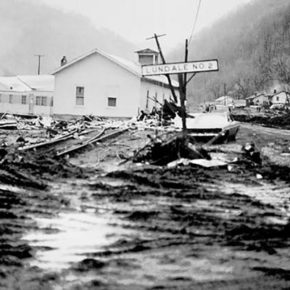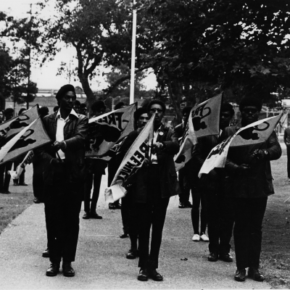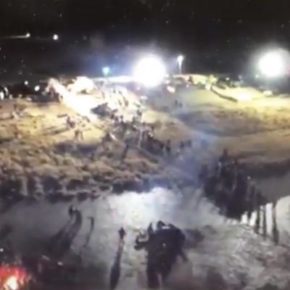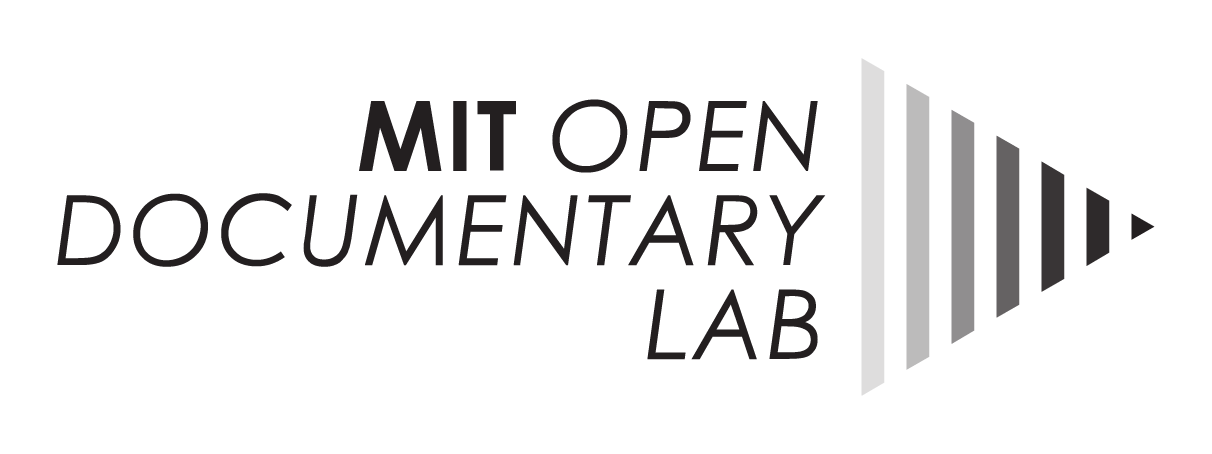04 Mar MIT OpenDocLab & Co-Creation Studio To Host “We Tell” Massachusetts Premiere
UPDATE: This event has been postponed for Fall 2020.
MIT’s Open Documentary Lab (ODL) and the Co-Creation Studio will host the Massachusetts premiere of We Tell: Fifty Years of Participatory Community Media, a retrospective collection of short documentaries produced by community media entities looking at critical issues told by the diverse neighborhoods directly affected.
We Tell is a national traveling exhibition featuring 41 separate media projects; 36 different production entities, including nonprofit community organizations and cultural centers; and works from 19 states and Puerto Rico. The exhibition will travel to over 16 locations nationwide, including MIT.
While celebrating the important 50-year history of participatory community media in the United States, the exhibition restores these legacies as a vital, vibrant sector of the ecologies of documentary.
The exhibition is programmed collaboratively by Louis Massiah (filmmaker and Executive Director of Scribe Video Center) and Patricia R. Zimmermann (professor of Screen Studies at Ithaca College), both of whom will be present for this special event. Massiah will be returning to MIT after graduating with a Master of Science degree in documentary filmmaking in 1982, and he will be giving a talk at ODL at noon Tuesday, March 17th to preface the program.
“The assembled films represent a ‘people’s history,’ exploring the last 50 years of American social movements, political struggles and cultural awakenings. Looking at this collection of videos and films in context with each other we gain a new understanding of the complexity and commonality of communities across the United States and Puerto Rico and the momentum that is shaping the present moment,” explains Massiah.
The works featured in We Tell are organized into six thematic programs. Each explores issues that have emerged across 50-years of participatory community media: Body Publics; Collaborative Knowledges; Environments of Race and Place; States of Violence; Turf; and Wages of Work.

Environments of Race and Place – Buffalo Creek Flood: An Act of Man (1975)
We Tell films include recent works from the Movement for Black Lives, the Detroit Narrative Agency, and Labor Beat.
On February 26, 1972 in West Virginia, a Pittson Company coal-waste dam collapsed at the top of Buffalo Creek Hollow, leaving 125 dead and 4,000 homeless. Buffalo Creek Flood juxtaposes interviews with survivors, union and citizen’s groups representatives, and company officials. In 2005, the film was selected for preservation in the United States National Film Registry by the Library of Congress.
The documentary Black Panther a.k.a. Off the Pig (Newsreel #19) (1967) produced by San Francisco Newsreel documents the important Black Panther Party movement in 1967.

Environments of Race and Place – Black Panther a.k.a. Off the Pig (Newsreel #19) (1967)
It was one of Newsreel’s most widely distributed films, made and used by members of the Black liberation movement. It contains a prison interview with Black Panthers’ Minister of Defense Huey P. Newton, an interview with Minister of Information Eldridge Cleaver, footage of the aftermath of the police assault against the Los Angeles Chapter headquarters, and political demonstrations supporting Newton’s release from jail.
Digital Smoke Signals: Aerial Footage from the Night of November 20, 2016 at Standing Rock (2016) produced by Myron Dewey of Digital Smoke Signals (DSS) documents the Energy Transfer Partners’ Dakota Access Pipeline protests.

Environments of Race and Place – Digital Smoke Signals: Aerial Footage from the Night of November 20, 2016 at Standing Rock (2016)
From April 2016 to February 2017, Standing Rock Indian Reservation members and environmental activists protested the pipeline—built to move oil from the North Dakota Bakken oil fields to southern Illinois—with an encampment to protect water, land, and Indigenous sacred sites. Dewey describes drone footage that captures the North Dakota State Troopers, the National Guard, and private contractors committing human rights violations against the Indigenous Water Protectors.
“Community-based media is a ‘cinema of utility’ used to shift power relations,” explains Zimmermann. “The films produced through community media organizations confront unresolved and urgent injustices and inequalities.”
The works showcased in this exhibition invent new ways to exhibit media in communities for communities.
We Tell features a diversity of voices, community groups and collectives, historical time periods, social and political issues, and geographic locations across the United States.
“Through We Tell, the aim is to move forward the knowledge of participatory community media and envision a new future for documentary mediamaking. The hope that viewers feel excited and empowered by the exhibit to move from viewer to maker,” observes Zimmermann.
This event is presented by MIT Open Documentary Lab, MIT Co-Creation Studio, MIT Transmedia Storytelling Initiative, MIT ACT, MIT CMS/W, and Scribe Video Center.



